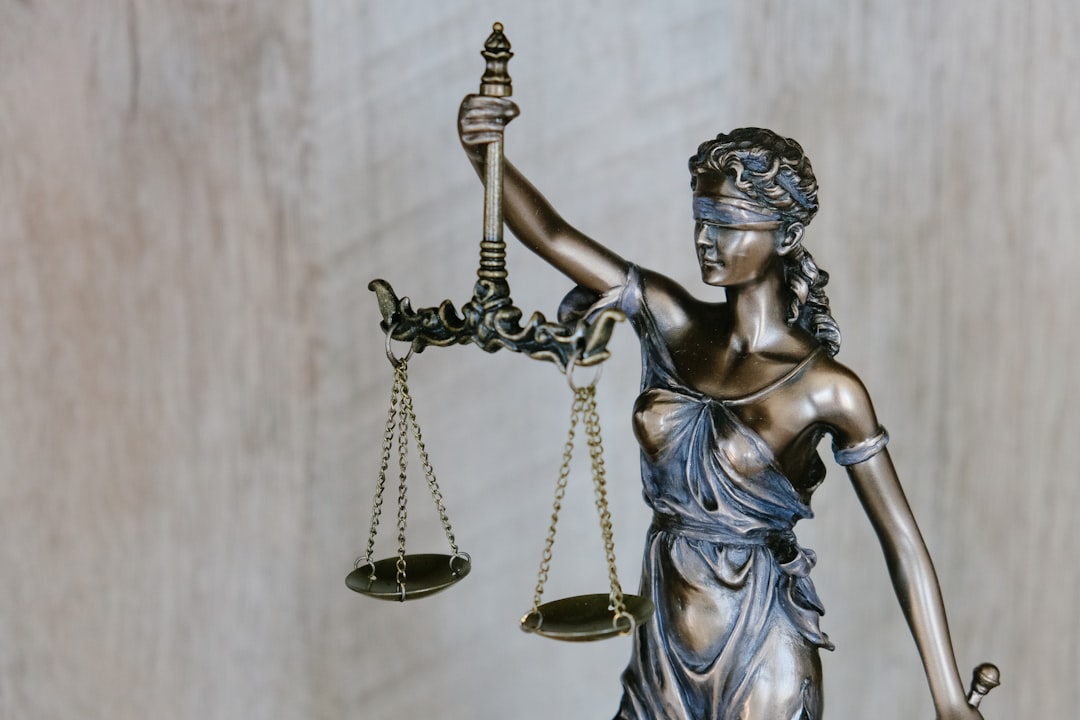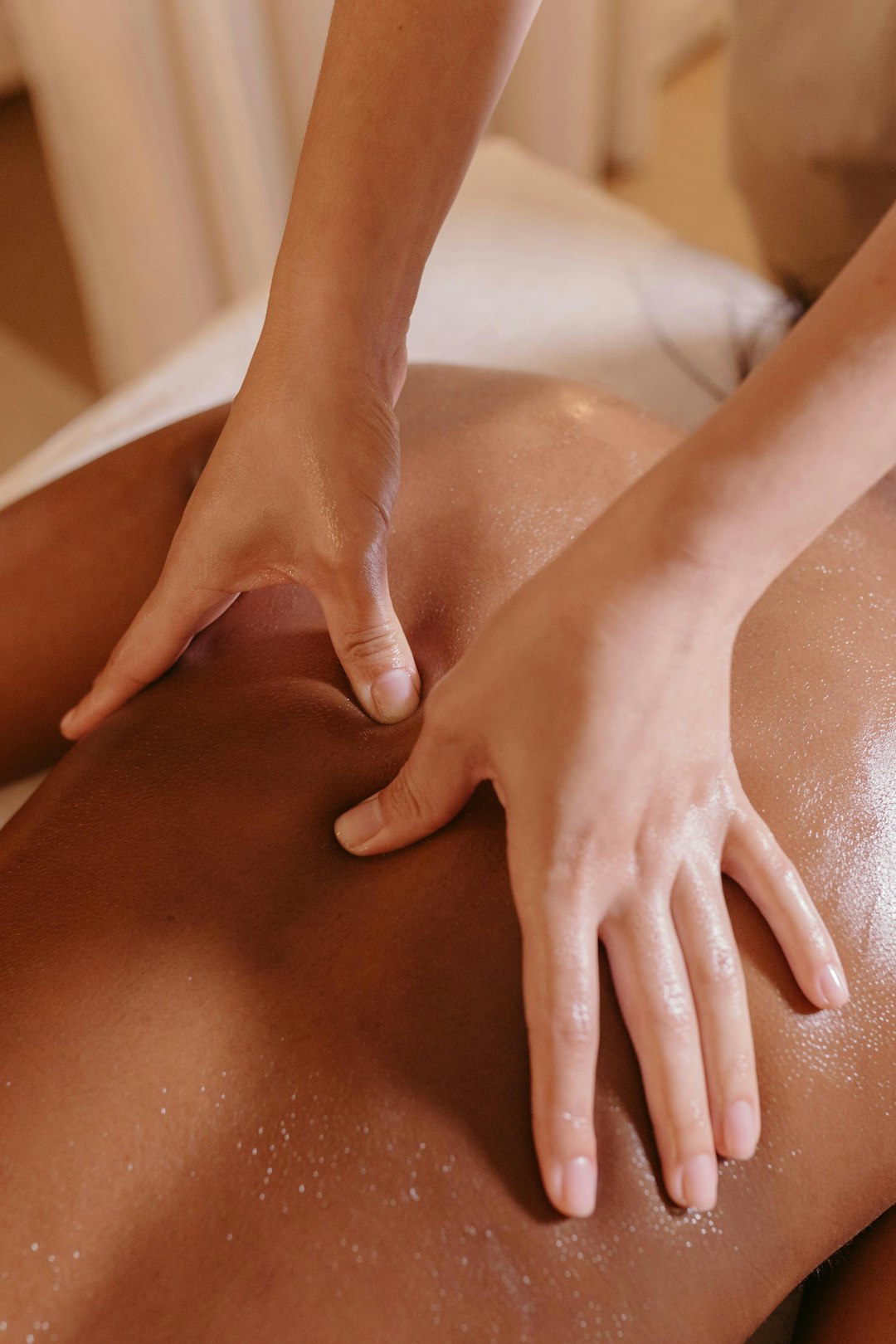Virtual reality (VR) is transforming massage therapy education in Maryland by creating immersive, safe environments for students to practice techniques, enhancing engagement and skill retention. This technology prepares future therapists to handle complex client behaviors and prevent massage abuse cases effectively, addressing a critical issue in the state. VR simulations offer educators a valuable tool to train students on ethical dilemmas, consent management, boundaries, and de-escalation techniques without live role-play risks, all crucial aspects considered by massage abuse attorneys in Maryland.
“Virtual Reality (VR) is transforming education, and Maryland’s massage therapy industry is no exception. This innovative technology offers a new approach to training, enhancing learning experiences and addressing critical issues like massage abuse.
This article explores how VR can revolutionize massage therapist training in Maryland, focusing on improved education, the potential to mitigate abuse cases, and its legal implications for licensing. By embracing this technology, Maryland can ensure therapists-in-training are prepared while also promoting a safer environment.”
Enhancing Massage Therapy Education: The Benefits of Virtual Reality

Virtual reality (VR) technology is transforming the landscape of massage therapy education, offering a dynamic and immersive learning experience for students in Maryland. Unlike traditional training methods, VR allows future therapists to practice techniques in a safe and controlled environment, mimicking real-life scenarios. This innovative approach enhances student engagement and facilitates better skill retention.
In the context of addressing potential massage abuse cases, which unfortunately can occur despite thorough training, VR provides an opportunity for educators to expose students to various complex situations. Students can learn how to respond appropriately and confidently when dealing with challenging client behaviors or discomfort during a session, thereby empowering them to prevent and manage potentially abusive situations effectively. This proactive approach to education, combined with the realistic simulation of VR, prepares Maryland massage therapists-in-training to navigate diverse scenarios, ultimately contributing to higher standards of patient care and safety.
Overcoming Challenges: Addressing Massage Abuse Cases with VR Technology

In the realm of massage therapy training, addressing ethical dilemmas and preventing abuse is paramount. Virtual Reality (VR) technology emerges as a game-changer in this context, offering a safe, controlled environment to simulate complex scenarios. This is particularly relevant for Maryland massage therapist training programs aiming to prepare students for real-world challenges, including potential abuse cases.
By immersing trainees in VR simulations of abusive situations, educators can foster a deeper understanding of the psychological and physical implications. Trainees learn to recognize subtle cues, practice appropriate boundaries, and develop effective de-escalation strategies without the risks associated with live role-play or actual client interactions. This innovative approach equips Maryland massage therapists with valuable skills, empowering them to handle challenging situations sensitively and professionally while also serving as a powerful tool for massage abuse attorneys in navigating complex legal cases.
The Legal Perspective: How VR Training Can Assist Massage Therapy Licensing in Maryland

In Maryland, massage therapy licensing is strictly regulated to ensure consumer protection and prevent massage abuse. Traditional training methods often rely on live demonstrations and hands-on practice with real clients, which can be resource-intensive and present challenges in maintaining consistent quality. Virtual Reality (VR) offers a novel solution by providing immersive simulation environments for massage therapist training. This technology allows students to learn and apply techniques in a safe, controlled setting while adhering to licensing board standards.
By integrating VR into training programs, Maryland can enhance the overall education of aspiring massage therapists. The legal perspective supports this shift as VR training can be tailored to address specific skills and scenarios, ensuring graduates are well-prepared to meet licensing requirements. Moreover, it reduces potential risks associated with live practice, particularly in managing consent, boundaries, and unexpected client reactions, which are crucial aspects addressed by massage abuse attorneys in Maryland.





